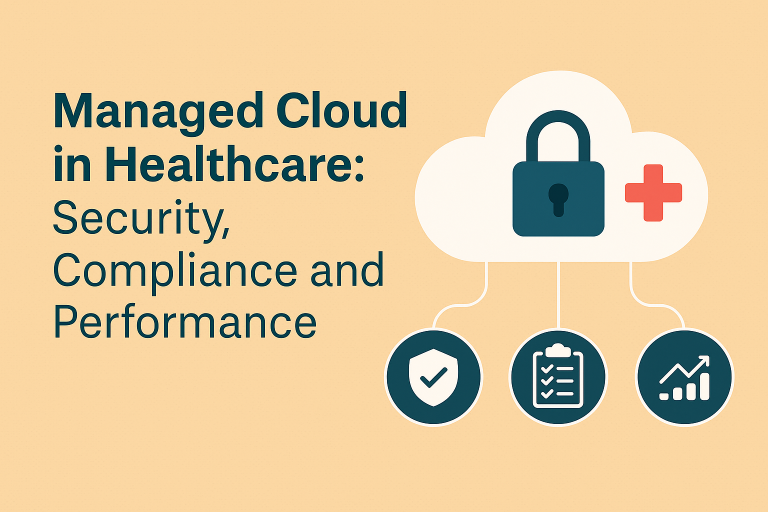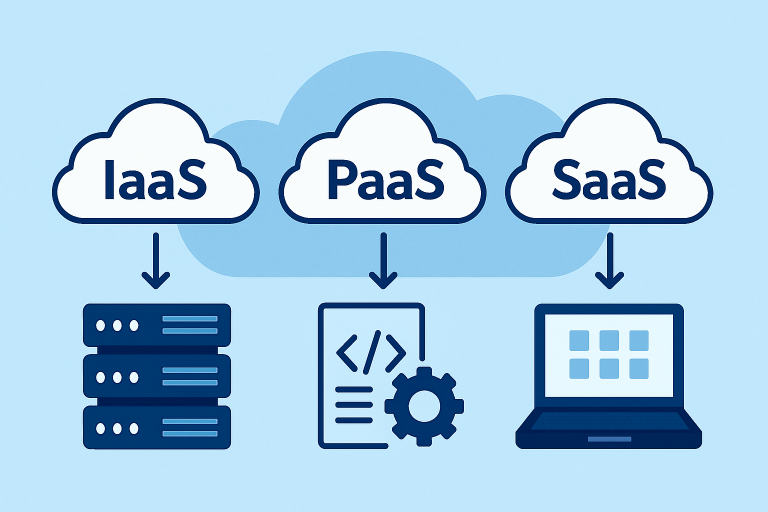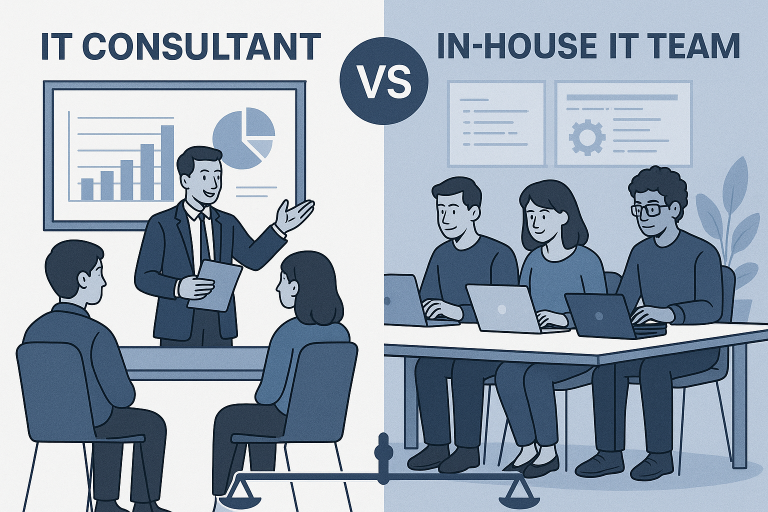
Pandemic and consequent situations have completely changed the business strategy of small and medium businesses. SMBs are digitizing by adopting modern IT infrastructure and advanced technologies to enhance business processes and stay competitive. Digitization enables them to automate processes, work with a remote workforce, reach global markets, organize learning, and more. Recognizing the value of technology and innovation, SMBs are prioritizing investments in modern IT infrastructure and computing.
.
For SMBs, it is important that their IT infrastructure should be Simple, cost-efficient, and easy to manage. With this motto, many of the small and medium enterprises opt to outsource the IT infrastructure management system and related applications. Cloud migration and adopting the right model are easier with managed IT service partners than on-premises infrastructure.
For most small to medium-sized businesses, they can outsource varieties of services including Network Services, internal Help Desk, servers, hardware and software updation and maintenance, and so on. Though there are multiple services that can be outsourced, nowadays, IT outsourcing is almost synonymous with cloud computing. There are various reasons that make the SMBs interested in IT infrastructure consulting services, such as:
- Cost-efficiency
- Easy to set up and access
- Faster and easier to scale
- Flexibility
- Diversity and freedom of choice
Why Managed IT Services?
Similar to the big enterprises, small and medium businesses and organizations also depend on information technology to help them flourish in an ever-changing world and achieve their desired business goal. Whether it is a small business or a mid-sized company, everyone needs the constant attention of your workforce to keep the IT system operating at peak efficiency. But in organizations with limited or no full-time IT personnel, it is really tough to manage and maintain the information technology. Routine system maintenance and monitoring will use up your valuable time and resources that could be better used to run the business more efficiently. Apart from maintenance and monitoring, troubleshooting also drains up your resources. This whole process consumes the valuable time of the workforce, the customer services might be hampered, the orders can’t be processed and supplies can’t be ordered.
Managed IT services can be a wholesome solution to your IT infrastructure monitoring and management functions so you can concentrate on the business. Managed IT service providers proactively prevent, quickly fix IT issues, and minimize business impact, ensuring smooth operations.
Types of services offered by Managed Services Providers
Growing numbers of small and medium-sized enterprises are being interested in managed services instead of using internal resources. IT service providers offer monitoring, management, and maintenance, boosting ROI and freeing resources for strategic business priorities.
Managed services can offload your resources from different IT operations. Managed service providers (MSPs) can assume the duty of monitoring, managing, and/or troubleshooting for selected IT systems and functions. MSPs provide alerts, updates, security, patch management, backup, recovery, server, storage, network, and application management services.
Managed service providers can provide all these services to their clients remotely from a centralized Network operating center over the Internet or on-site, depending on the clients’ requirements. MSPs offer flexibility, letting you choose which services they manage and what you handle, tailoring support to your needs.
Managed services typically use subscription pricing, with rates based on provided services, device count, and other factors. MSPs offer various service levels, with basic packages including monitoring to alert clients of system issues for resolution. In the case of the upper end of the spectrum, the MSP can provide a complete range of managed services, starting from alerts to problem resolution.
Role of Managed Services in SMBs
A trusted MSP extends your IT department, providing expert support, resources, and improved service levels while reducing downtime. Therefore, you will be able to:
- Concentrate on business development, with minimal business interruptions due to IT issues.
- Focus your IT staff on higher-value projects instead of system maintenance and monitoring.
- Reduce business risks by avoiding technology problems and minimizing downtime.
- Manage IT systems more cost-effectively.
- Enjoy more responsive and proactive services that will yield benefits to your business.
Tips to choose the right managed services for your enterprise
With the growing demand for managed services, several vendors are getting into the game, offering a plethora of choices for SMBs. But not all MSPs offer 24/7 support or have experienced IT staff, limiting their ability to meet SMBs’ needs. Therefore, it is good practice to do some homework to get the best managed-service partner.
1. Simplicity first: With a tight IT budget, SMBs need to prioritize their requirements and look for a suitable IT service provider company in India.
2. Anticipating future growth: SMBs need to make some anticipation of their future growth and opt for the package that can accommodate smaller changes.
3. Align IT infrastructure with Business Process: Businesses should prioritize their tools and technology requirements and subscribe to a suitable package accordingly.
4. Establishing a relationship with reliable vendors: It is important the do proper research to have a trusted IT partner for a long-standing relationship with IT experts and reliable vendors.
With a reliable Managed service partner, SMBs can take advantage of a wide range of services for deploying and operating an IT infrastructure. SMBs can also scale their costs and functions in-line with their business requirements.







